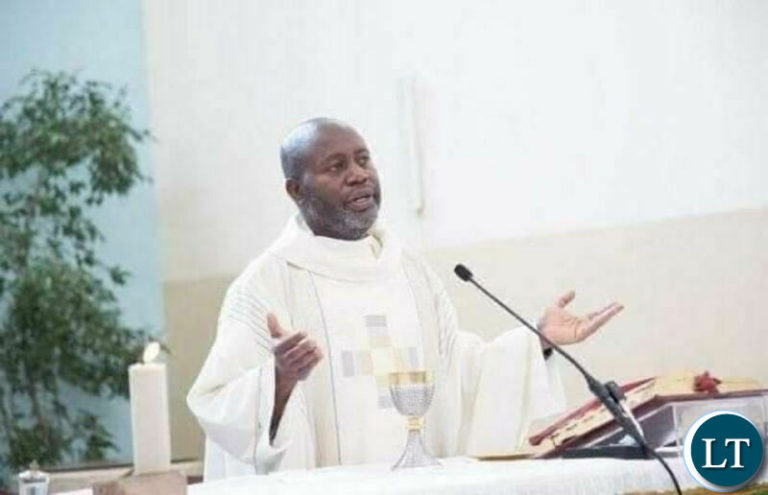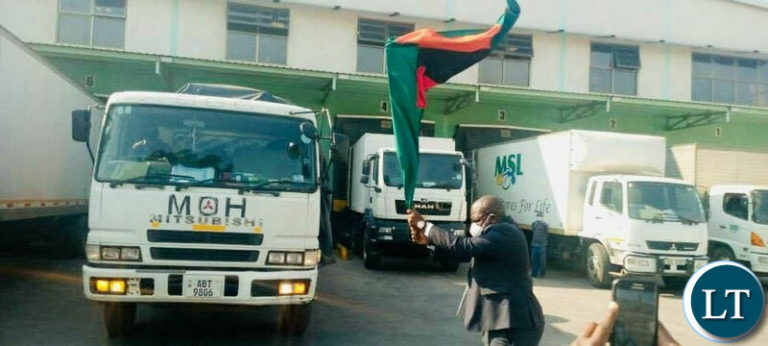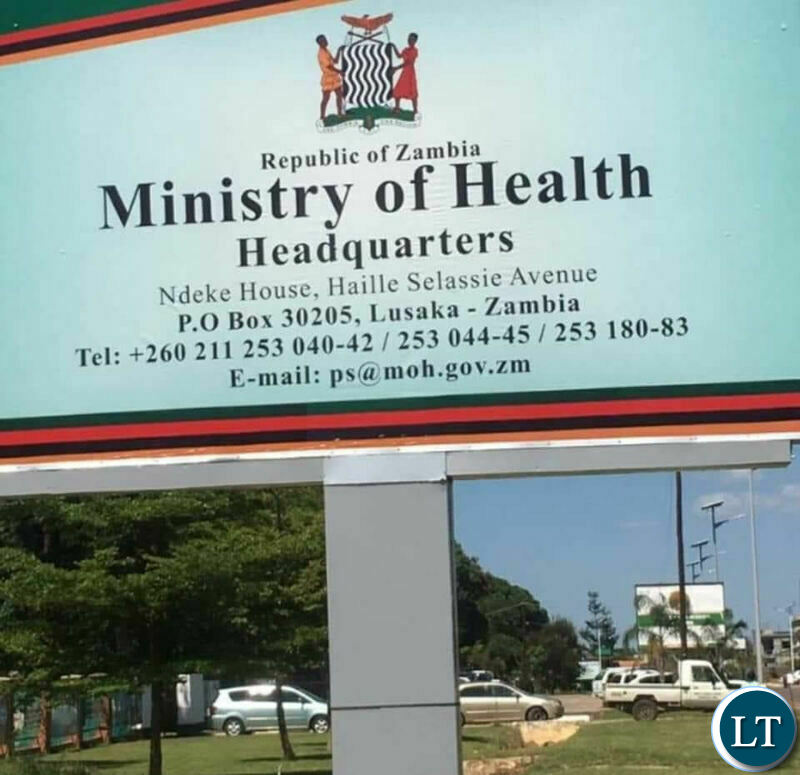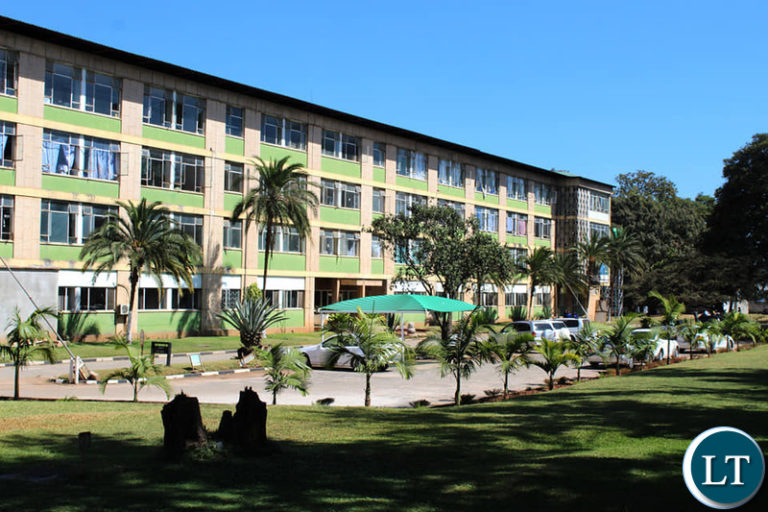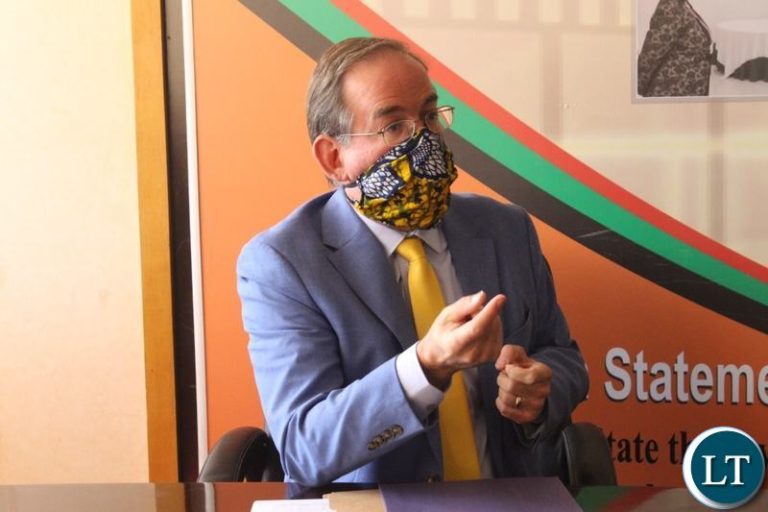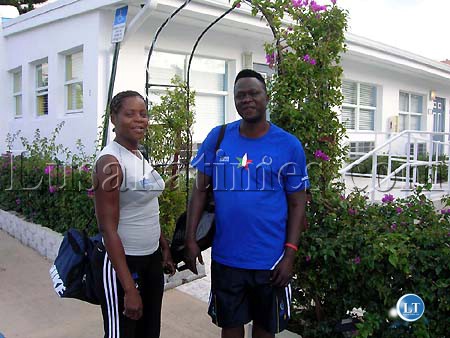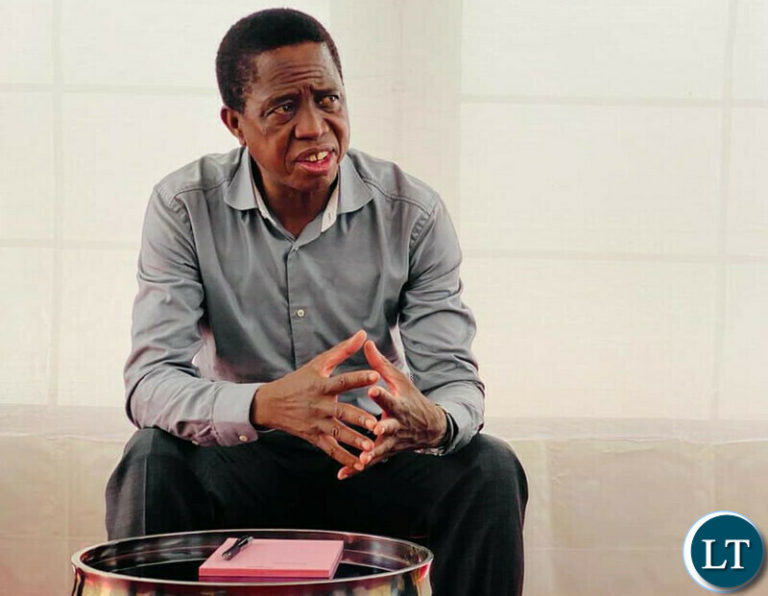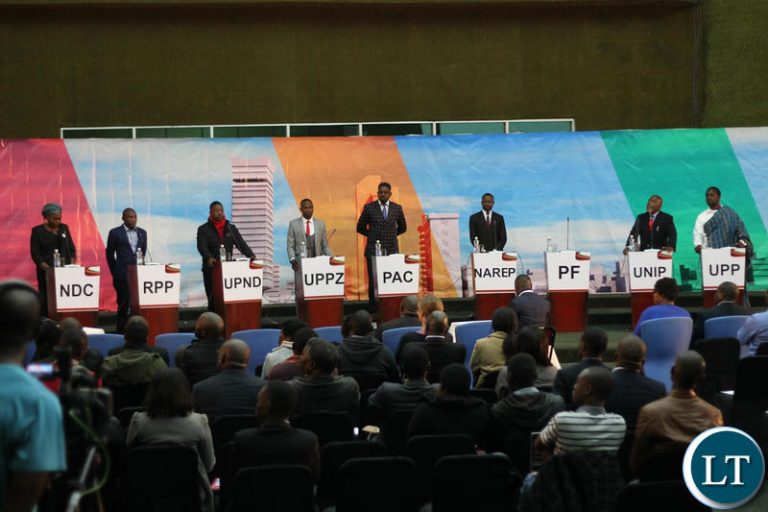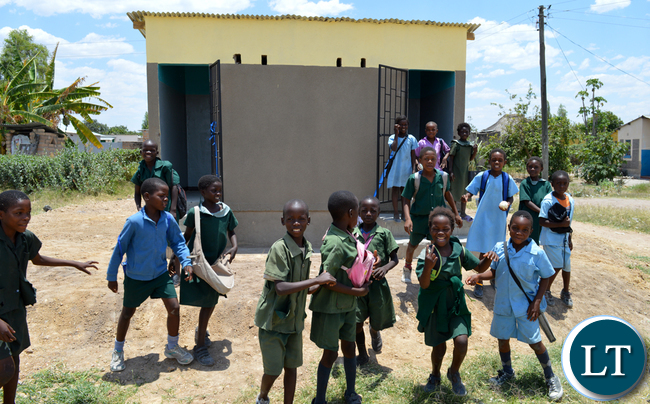President Edgar Lungu is deeply saddened that some people are politicising a serious global disaster like the coronavirus (Covid-19).
President Lungu said the coronavirus has impacted economies not only in Zambia but the entire world hence the need not to politicise the pandemic.
ZANIS reports that President Lungu complained when he met chiefs Mubanga and Nkweto of the Bemba people of Chinsali district in Muchinga Province.
The meeting was at Kapasa Makasa University in Chinsali today.
The Head of State said it is sad that some people are accusing him of spreading the virus through his routine tours around the country, which he said is not the case.
“As much as I know that there is coronavirus which is a very sad situation, I will not allow everything to remain standstill because if the pandemic is not well handled it can cause more economic catastrophe, but we will ensure that as we work, we are also following health guidelines to reduce the further spread of the virus,” he said.
He lamented that a lot of people have died worldwide through Covid-19 and said it is a pit that some elements in Zambia are politicising the sad phenomena.
“Please I urge you chiefs to continue sensitizing your subjects on the dangers of the virus and to adhere to the health guidelines of sanitising, washing hands regularly and self-distancing,” President Lungu stated.
And President Lungu has called for the speed construction of the Chinsali-Mulilansolo road which is in a dilapidated condition.
He said the road is an economic highway for the people in the area.
President Lungu has meanwhile praised the people of Chinsali for massively involving themselves in agriculture.
“I am very much happy with what I have seen here in Chinsali. You have cultivated a lot of maize which is very encouraging,” President Lungu said.
Meanwhile, chiefs Mubanga and Nkweto have assured President Lungu of total support in the August 2021 general elections saying they have seen unpresented development in Chinsali under his leadership.
“ ‘Ushitasha Mwanawandoshi’, meaning he who does not appreciate was born from a witch, because we have seen a lot of development in Chinsali under this administration than any other,” chief Mubanga stated.
The traditional leader added that, “you have changed the face of Chinsali, we have hospitals, clinics, schools, roads and all we needed, so why can’t we support you? You are assured of our support”.
President Lungu later met Chinsali village headmen and the clergy who also echoed chiefs’ sentiments to support the PF leadership.
President Lungu is in Muchinga Province on a four day working visit.


